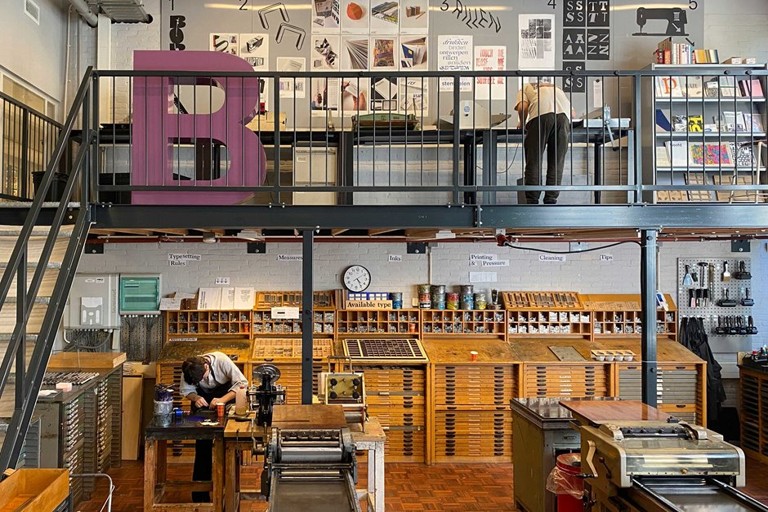In a quiet studio above a Brixton café, stacks of freshly bound paper glimmer beneath a lamp’s glow. The sound of a printing press hums softly — rhythmic, patient. This is where Ash & Finch Press prints its latest poetry collection, one sheet at a time. “It’s slow, but it’s ours,” says co-founder Leo Bennett. “Every copy has fingerprints, smudges, and soul.”
Across London and beyond, small presses are thriving. Once considered niche or nostalgic, independent publishers are now shaping the country’s literary landscape with courage and curiosity. Their success lies not in scale but in sincerity: publishing books that larger houses overlook, voices that challenge convention, and formats that feel crafted rather than produced.
“Readers crave connection,” explains editor Priya Malhotra of Fern Street Editions. “When someone buys a book from a small press, they’re part of a chain — from the writer’s kitchen table to the printer’s workshop. It’s a human process in an increasingly digital world.” Her team hand-wraps every order in recycled brown paper, sealing it with a wax stamp and a handwritten thank-you note.
The resurgence of these presses has been fuelled by community as much as creativity. Many operate from shared studios, crowdfunding their projects or collaborating with local artists. At Roughcut Books in Hackney, each title doubles as a visual artefact — hand-set type, stitched bindings, and artwork commissioned from nearby printmakers. The result: books that feel alive in the hands.
Beyond aesthetics, small presses have become engines of inclusivity. They publish experimental works, translated voices, and debut authors whose stories might otherwise remain unseen. From queer zines to bilingual poetry collections, these publishers prove that literature’s future doesn’t belong to algorithms — it belongs to risk-takers.
The economics remain challenging. Without marketing budgets or national distribution, many rely on pop-up fairs, word of mouth, and social media to reach readers. Yet that intimacy has become their advantage. “We don’t chase bestsellers,” says Malhotra. “We build relationships.” The result is a loyal readership that values authenticity over advertising.
Events like the London Small Press Fair and Bound & Printed at Somerset House have further elevated the movement. Visitors browse hand-printed chapbooks, exchange stories with editors, and rediscover reading as a tactile experience. For many, these gatherings feel less like trade shows and more like celebrations of craft.
As the printing press falls silent and the ink dries, what remains is something rare — books made with intention. In an age where content is instant and disposable, small presses remind us that words still matter, especially when they’re made by hand. Each page carries not just a story, but the proof that creation, at its best, is still personal.
